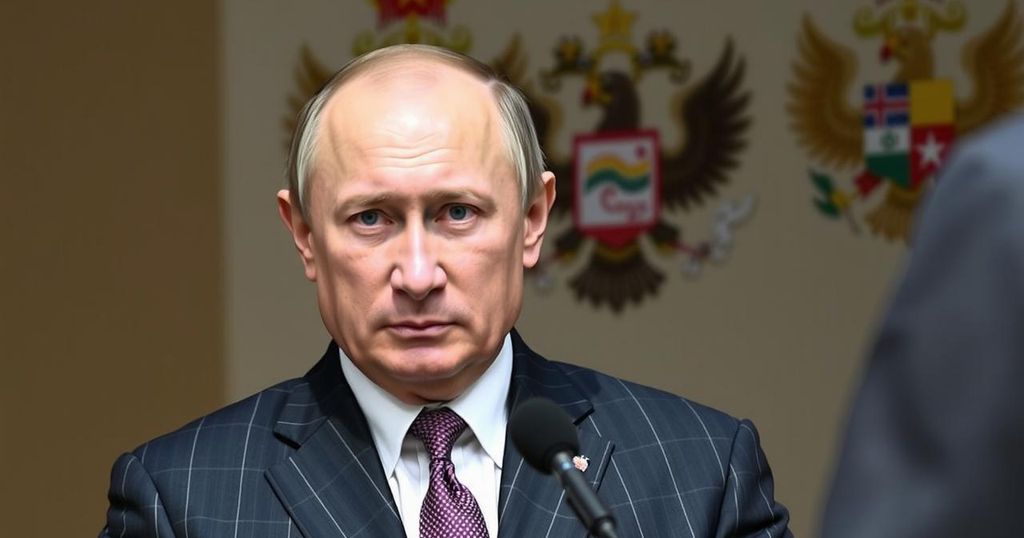Two African allies of Russia, Sudan and Libya, are opposing the expansion of Russian military forces in their countries. Sudan has denied Russia’s request for a naval base, citing fears of Western backlash. Libyan Prime Minister Dbeibeh has also rejected unintended foreign military presence, emphasizing the need for official agreements. These developments threaten Russia’s strategic influence in Africa following changing dynamics due to recent events in Syria.
Recent developments have revealed a significant setback for Russia’s influence in Africa following a retreat from Syria. Two prominent African allies, Sudan and Libya, have voiced opposition to Russian military expansion within their territories. Sudan has reportedly rejected Russia’s proposal to establish a naval base on the Red Sea coast, influenced by concerns over Western repercussions. Meanwhile, Libyan Prime Minister Abdul Hamid Dbeibeh expressed a firm stance against any interference from foreign powers, emphasizing that military presence should stem solely from official agreements and not from unilateral actions. This pushback coincides with the potential diminishment of Russia’s influence in the region, particularly in light of the shifting political landscape in Syria, affecting strategic military sites like the Tartus naval base. Historically, Russia has aimed to solidify its military footprint in Sudan but had encountered delays due to civil unrest. As Russia reallocates its military assets amid these complications, it faces the prospect of declining partnerships in Africa, challenging its regional aspirations.
The recent rejections of Russian military proposals in Sudan and Libya come against a backdrop of geopolitical shifts following the overthrow of Bashar al-Assad in Syria. Russia’s military presence, particularly at its naval base in Tartus, has been consequential in maintaining its influence in the Middle Eastern region. The situation in Sudan has further complicated Russia’s objectives, as internal strife prevents the establishment of a naval base that the Kremlin has sought since 2019. Concurrently, the Libyan government has expressed a determination to prevent foreign military exacerbation, a stance underscored by warnings against unapproved military interventions that might lead to renewed conflict within the country. The overarching theme involves Russia’s struggle to maintain influence in Africa amid distractions like the conflict in Ukraine and potential limitations in its military capabilities.
The collective resistance from Sudan and Libya poses significant challenges for Russia’s ambition to cement its foothold in Africa. This development not only reflects the complexities of international relations on the continent but also highlights the fragility of Russia’s strategic endeavors following changes in Syria. The opposition against external military interference indicates a broader trend of African nations asserting their sovereignty and prioritizing national interests over foreign influences. As Russia navigates these geopolitical hurdles, its ability to forge alliances and maintain military presence in Africa remains precarious, particularly as internal conflicts and international criticisms unfold.
Original Source: www.newsweek.com






